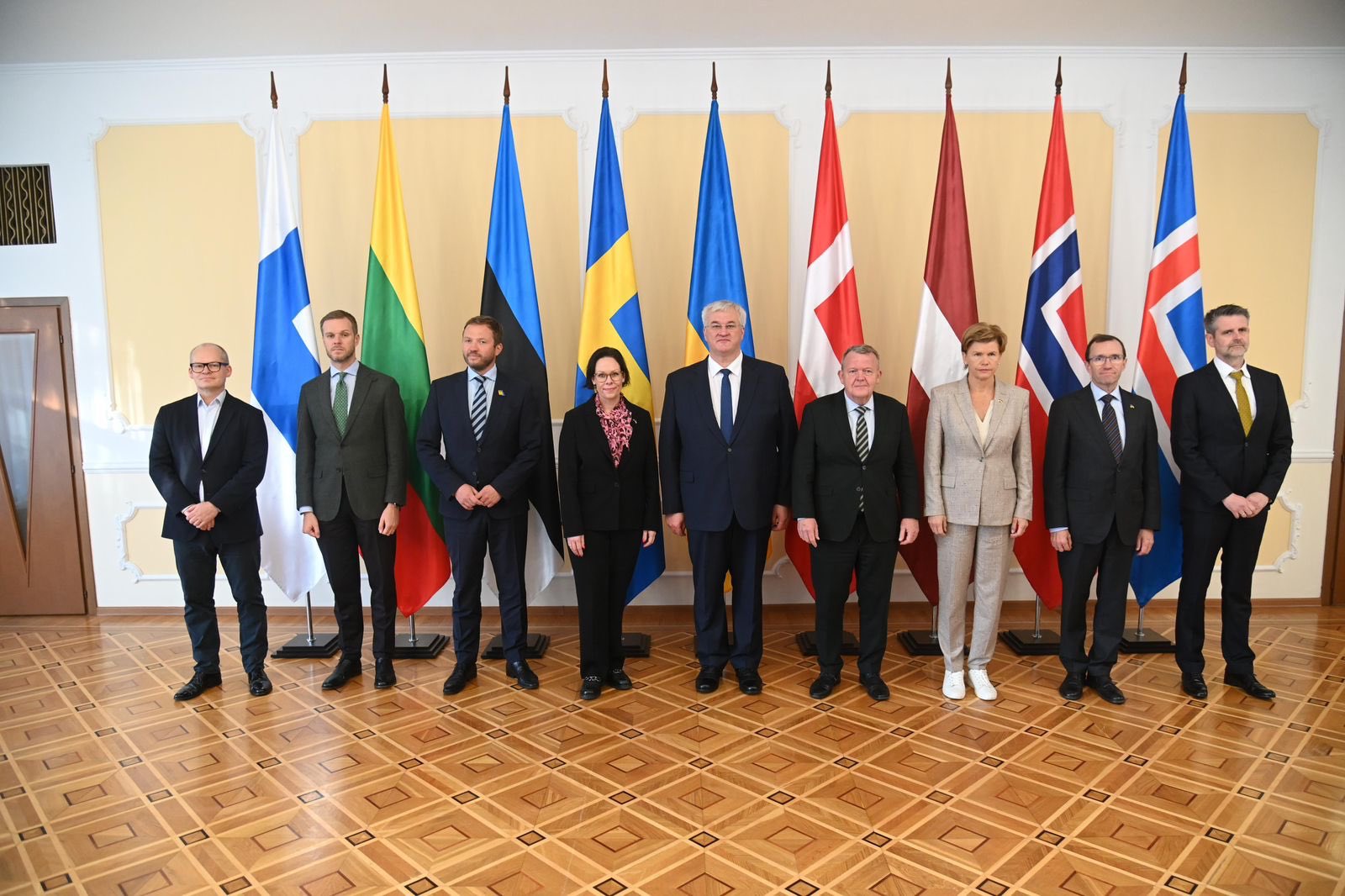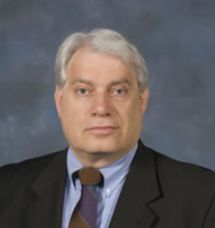Putin came for the summit. Trump brought the white flag.

President Trump hates the moniker TACO (Trump Always Chickens Out). But regarding Vladimir Putin and the war in Ukraine, Trump has repeatedly earned this sobriquet.
Despite repeated warnings that he would impose large secondary sanctions on buyers of Russian energy, Trump has caved to China and instead imposed substantial sanctions on India. This jeopardizes a generation of rapprochement with India and drives it closer to Moscow and Beijing.
In soccer or hockey terms, this amounts to scoring an own goal.
When Trump, after six months of finding excuses for Putin and virtually offering him victory, announced his dissatisfaction with Putin’s refusal to commit to peace, many commentators argued he had finally seen the light. Now, they claimed, he would impose crushing sanctions on Russia and its Asian supporters—China and India.
This expression of irritation with Putin’s stalling was allegedly a turning point. Alas, it was not to be.
Trump’s unilateral concessions
On 7 August, Trump and the Russian government announced that instead of draconian sanctions being imposed on Russia, Trump and Vladimir Putin would hold a summit next week. Trump would probably meet with Ukrainian President Zelenskyy afterward.
But Moscow refused to commit to meeting Zelenskyy, although it might meet with other Ukrainians—again implying the illegality of Zelenskyy’s tenure. Trump duly conceded that Putin did not have to meet Zelenskyy, just hours after a White House aide stated that Putin indeed had to meet with Zelenskyy.
Russia rubbed salt in this wound by claiming the idea for a summit was Trump’s, emphasizing that he, not Putin, was the supplicant. Russian media, now exulting that Washington will finally accept Moscow as an equal by meeting with it, suggest this summit will not even discuss Ukraine but other bilateral issues.
Whether such claims have validity cannot be known. But they indicate Putin’s belief, shared by the Russian elite, that even if the West had the fortitude to impose greater sanctions or furnish Ukraine with more assistance, it would not matter—Russia is going to win.
Russian elite confidence
As Mikhail Zygar has written, the Russian elite is not scared and treats Trump’s earlier threats with disdain. This episode reveals that for all his bravado, Trump has imposed no sanctions on China or Russia but rather attacked America’s allies and partners in an act of extreme strategic incompetence.
Trump has already made two unjustified and unreciprocated concessions to Putin: asking to hold a summit with him and agreeing to exclude both Ukraine and Europe. When asked about this summit, a European official stated he was distraught:
“For all the bluster, Trump has not put a single iota of pressure on Putin—yet. Zero, zip.”
Cosmetic Russian concessions expected
Beyond these unilateral gestures to Putin, speculation suggests Russia will present nothing but cosmetic concessions—for example, suspending aerial and missile attacks on civilian targets. This costs Russia very little but impedes Ukraine’s attacks on Russian energy and logistics targets. This approach was reportedly what Belarusian President Lukashenka communicated to Washington.
There is no reason to expect Putin to offer concessions regarding his insistence that Ukraine be kept out of NATO, demilitarized, and made permanently vulnerable to Russian takeover.
Putin will not change his government to suit Russia’s taste, nor will he give ground regarding the five Ukrainian provinces Russia has seized since 2014: Crimea, Luhansk, Donetsk, Zaporizhzhia, and Kherson.
Instead, this “agreement” will likely pave the way toward Russia’s annexation of those provinces, as Putin and the Russian government have long embarked upon their Russification. There is little to expect here unless Trump magically departs from his fear of Putin and his steadfast refusal to understand what this war is about and how it connects to both international security in general and European security in particular.

Nordic-Baltic nations remind before Trump-Putin meeting: international borders must not be changed by force
Putin’s broken promises
We already know in advance of this summit—even if Trump does not—that any agreement with Putin will not be worth the paper it’s written on. In invading Ukraine in both 2014 and 2022, Putin broke eight international treaties guaranteeing Ukraine’s borders and sovereignty.
He has also broken or walked out of virtually every arms control treaty except the ABM treaty and is obviously not interested in talks on a new one. Even assuming Russia negotiated such a treaty, it is unlikely to adhere to it. Apart from the eight treaties he broke, Putin also refused to abide by the terms of the Minsk agreements following Russia’s 2014 invasion.
It appears that Trump, a self-proclaimed stable genius, and his negotiators have no need of prior or expert knowledge of Russian policy and negotiating tactics.
Echoes of Munich 1938
This summit, taking place over the heads of the most directly interested parties, has already triggered considerable anxiety—like the Munich summit of 1938.
That anxiety, based on the first six months of Trump’s second term and his summits with Putin during his first term, is all too justified.
Stephen Blank
Editor’s note. The opinions expressed in our Opinion section belong to their authors. Euromaidan Press’ editorial team may or may not share them.
Submit an opinion to Euromaidan Press
